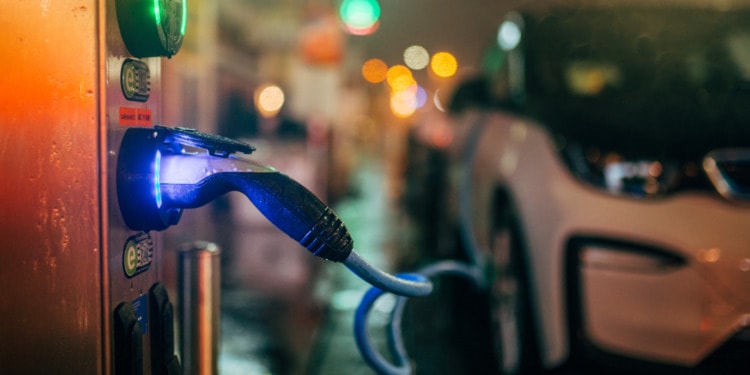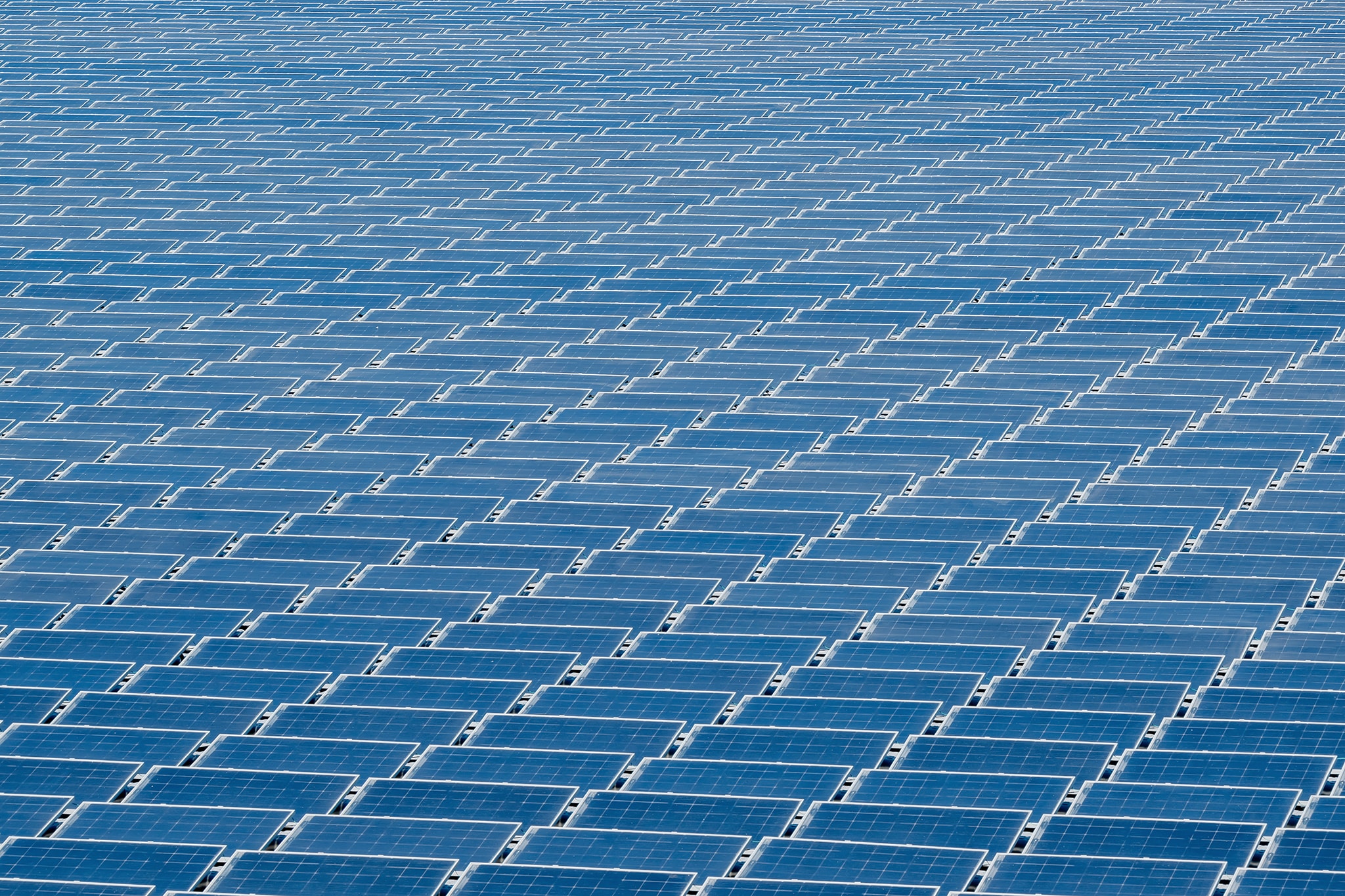The International Energy Agency (IEA) has released its much-anticipated Global EV Outlook 2024, projecting a significant surge in electric vehicle (EV) adoption worldwide. Despite short-term challenges “in some markets,” the report paints a promising picture for the future of clean transportation, with electric cars poised to revolutionize the global auto industry and substantially reduce oil consumption for road transport.
One of the standout findings is the remarkable growth trajectory of electric car sales: By the end of 2024, global electric car sales are expected to reach around 17 million units, with this year’s first quarter seeing a staggering 25% increase in sales compared to the same period in 2023. As the IEA notes, the number of electric cars sold around the world in Q1 of 2024 is “roughly equivalent to the number sold in all of 2020.”
China, according to the report, emerges as a powerhouse in the electric vehicle market, with projections indicating that electric cars will account for about 45% of all car sales in the country by the end of 2024.
The United States and the European Union (EU) are also set to witness substantial growth. In the US, about one in nine cars sold in 2024 are projected to be electric; in the EU — “despite a generally weak outlook for passenger car sales and the phase-out of subsidies in some countries” as the IEA notes, it is expected that every fourth car sold this year will be electric.
On the global level, every fifth car sold this year will be electric, according to IEA projections; by 2030, every fifth car on the roads in the US and EU will be electric; in China, nearly 1 in 3 cars on the roads will be electric by 2030.
Related Articles: Electrifying the Roads: Overview of the Electric Vehicle Industry | As We Switch to Electric Vehicles, What Is Happening With All the Old Cars? | Europe’s Transition to Electric Vehicles: How It’s Going, and What Lies Ahead
As the report underscores, “more significant changes” are expected in the coming years as a result of policy support, declining EV battery prices, and investment in driving the electric vehicle transition.
And if countries fully meet their energy and climate commitments, and if they do so on time, two out of every three cars sold worldwide by 2035 will be electric, the IEA projects.
“In this scenario, the rapid uptake of electric vehicles — from cars to vans, trucks, buses, and two- and three-wheelers — avoids the need for around 12 million barrels of oil per day, on a par with current demand from road transport in China and Europe combined,” writes the IEA.
“Rather than tapering off, the global EV revolution appears to be gearing up for a new phase of growth,” said Fatih Birol, the IEA Executive Director. “The wave of investment in battery manufacturing suggests the EV supply chain is advancing to meet automakers’ ambitious plans for expansion. As a result, the share of EVs on the roads is expected to continue to climb rapidly. Based on today’s policy settings alone, almost one in three cars on the roads in China by 2030 is set to be electric, and almost one in five in both the United States and European Union. This shift will have major ramifications for both the auto industry and the energy sector.”
Editor’s Note: The opinions expressed here by the authors are their own, not those of Impakter.com — Cover Photo Credit: Ivan Radic / CC BY 2.0 DEED.














